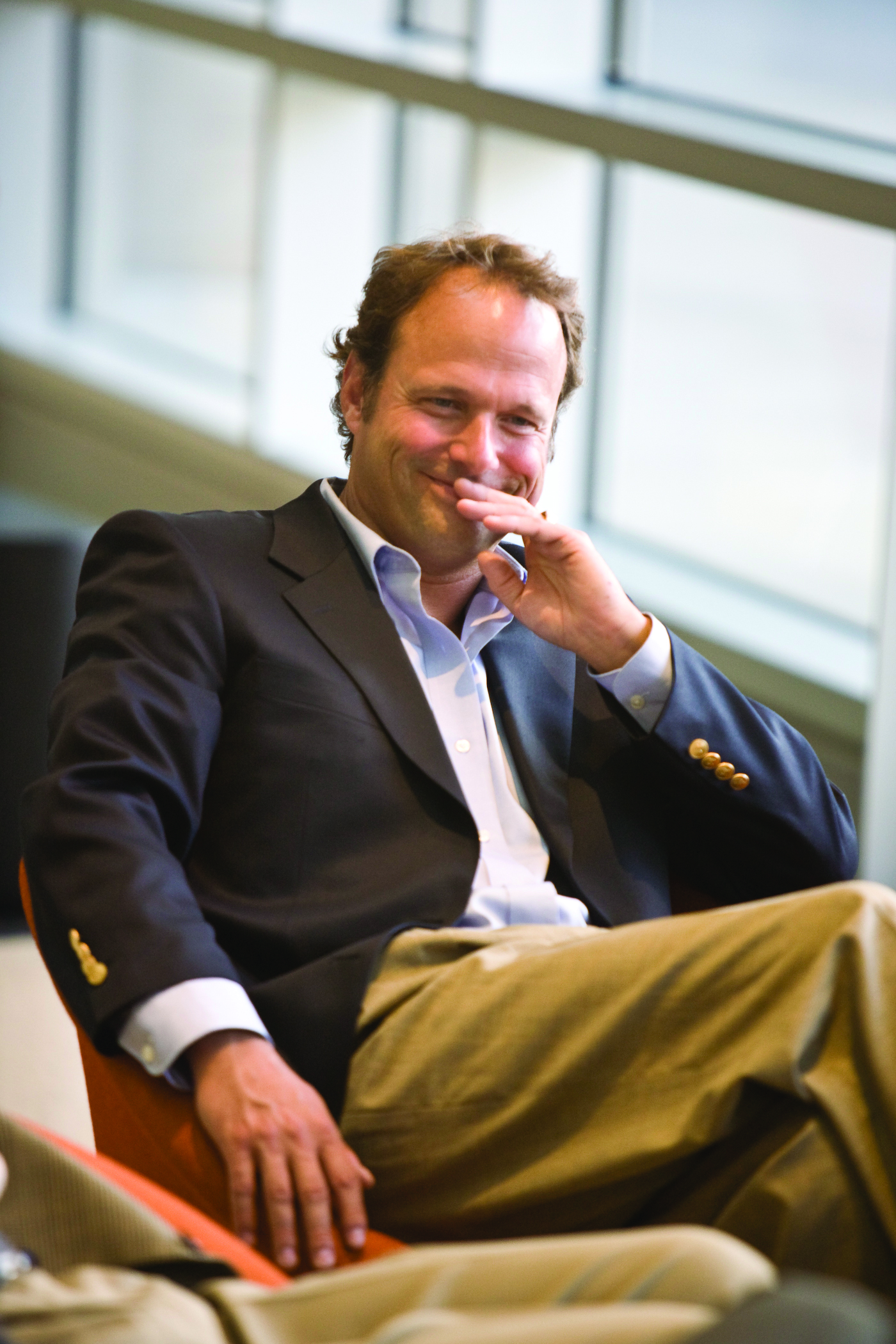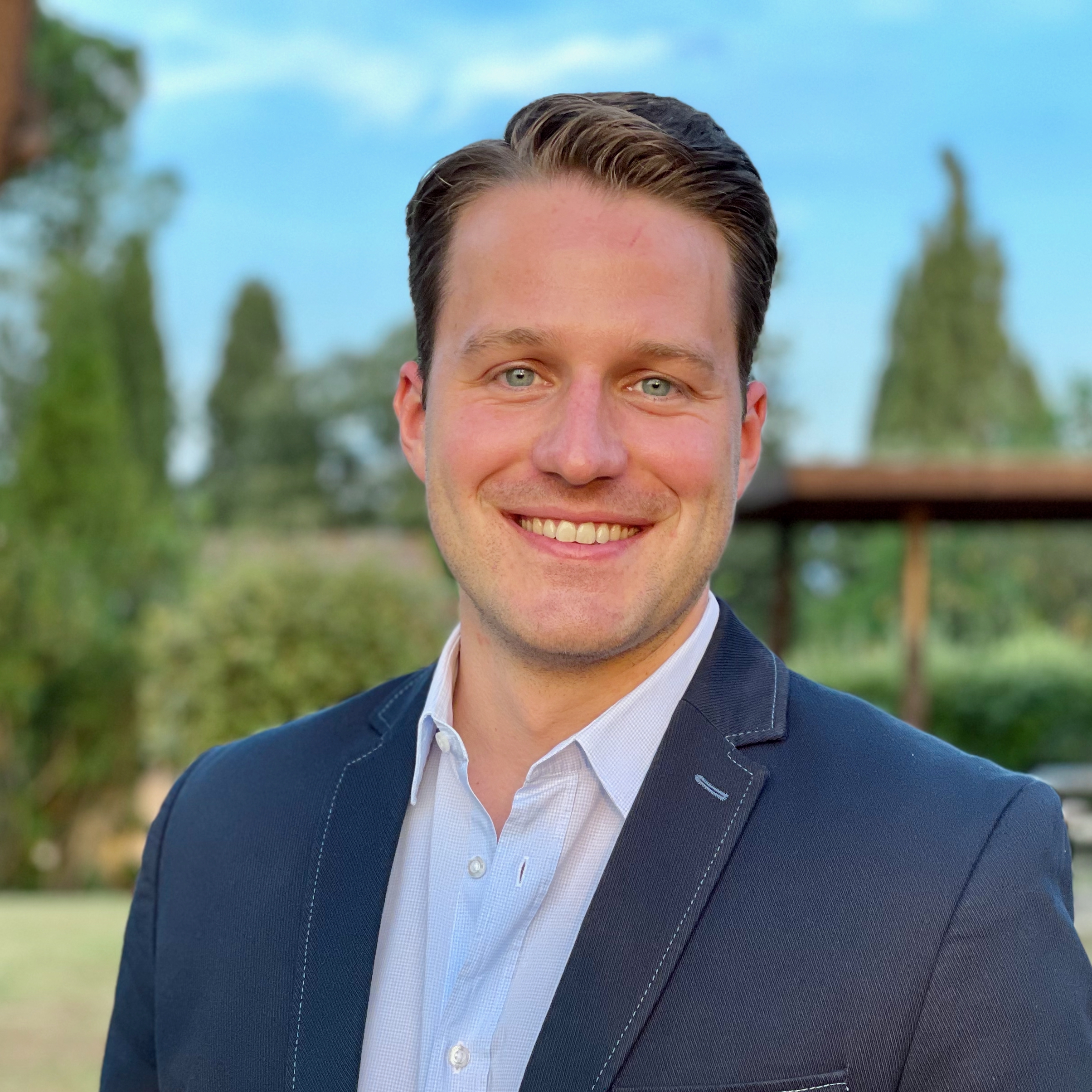Harvard Business School Announces Six ‘Business in Global Society’ Fellows to Research Climate
|
BOSTON—Harvard Business School’s Institute for the Study of Business in Global Society (BiGS) today announced a cohort of six visiting scholars who will focus exclusively on climate, deepening the School’s commitment to accelerating research aimed at mitigating and adapting to global climate change. “We are delighted to welcome our second cohort of BiGS Visiting Fellows to elevate the global dialogue around how business can help mitigate and adapt to the effects of climate change,” says HBS Professor Debora Spar, who leads the institute. “From Kathmandu to London to Atlanta, these scholars are working on projects with a real potential to help prevent further climate change or reduce deadly consequences.” These six leading experts will advance research projects that range from examining how the United States can best take an inclusive approach to building electric vehicle (EV) infrastructure to figuring out ways to bolster climate resilience in vulnerable developing countries. Slated to arrive on campus in July, the institute’s 2023 fellows will collaborate with faculty and researchers across multiple schools, initiatives, and units within Harvard. They will temporarily relocate to HBS from the Georgia Institute of Technology, Oxford University, the University of Michigan, the University of Mannheim, the University of California, Berkeley, and Duke University. I’m excited that BiGS is committed to bringing to campus five distinguished scholars who are driving innovative research and impact, and I’m confident that they will advance the work being done at Harvard,” notes HBS Professor Mike Toffel, who leads the HBS Business & Environment Initiative. “It’s especially timely this year, given the urgent need for system level changes that are necessary to address climate change.” New cohort of BiGS fellowsEach year, the institute invites leading scholars to come to Harvard Business School to further their research related to issues of business and society, including climate change and inequality. The institute’s first cohort consists of six scholars who are focused on exploring issues of race, diversity, inclusion, and inequality. The visiting faculty are from Georgetown University, the University of Pennsylvania, and Virginia Tech. The incoming cohort of BiGS fellows includes: Omar Asensio: Using AI to ensure an equitable distribution of EV infrastructure  As the United States prioritizes plans for EV infrastructure that facilitates highway travel with fewer emissions than traditional vehicles, Asensio will accelerate his research into whether current policies and incentives might leave some communities behind. With the largest database of electric vehicle charging infrastructure performance worldwide—featuring information such as location, pricing, charging speeds, and consumer reviews—he uses big data and machine learning to reveal strategies for sustainable growth. Conor Hickey: Examining the financial and organizational impacts of delayed climate action on corporations  With significant experience researching corporate net-zero strategies, Hickey plans to investigate the impact of delayed climate action on corporations. Delayed climate action can take various forms, such as an overreliance on speculative technologies that do not yet exist at scale, or strategies that prioritise short-term solutions with limited long-term climate benefits. These approaches can hinder progress towards achieving net zero emissions and may exacerbate the negative impacts of climate change. He’ll focus specifically on the sectors that currently have limited mitigation potential, such as aviation. Hickey believes by demonstrating the financial impact of delayed action, corporations may be more supportive of effective regulation. Andrew Hoffman: A systems-level view of climate change  Having researched the intersection of business and the environment for nearly 30 years, Hoffman plans to look at climate change as a systems breakdown, rather than an environmental issue. Integrating physical, social, and political science into business decision making, Hoffman plans to conduct a systemic examination of how business and business schools can improve their approach to combating climate change, arguing for large-scale action. Hoffman is a professor at the University of Michigan, with joint appointments at the Stephen M. Ross School of Business and the School for Environment & Sustainability. Jonas Meckling: The political economy of decarbonization  With a focus on studying the politics of clean energy transitions and probing why some economies are moving faster than others, Meckling plans to examine the recent rise of green industrial policy currently shaping markets for low-carbon technologies. He will examine what effective green industrial policy might look like as well as pitfalls such as international conflict to help mobilize effective business investments to create and grow markets for low-carbon technologies. Meckling is an associate professor at the University of California Berkeley, with a PhD in international political economy. Robyn Meeks: The study of climate resilience in developing countries  With 20 years of experience researching water and energy technologies, Meeks plans to examine how the resilience of an electrification technology—specifically, mini grids—can be augmented in rural, remote communities in developing countries, which are disproportionately affected by climate change. Her project in Nepal brings together technology, government, and electric utilities to determine how rural, isolated communities—and their citizens and businesses—can increase the resiliency of their economies as extreme weather events become more common. Meeks is an assistant professor at Duke University’s Sanford School of Public Policy, with a PhD in public policy and research at the intersection of environmental and development economics. Gunther Glenk: Developing solutions for corporate climate action and reporting  Companies worldwide have now articulated ambitious climate targets. But most are struggling to identify pathways for substantial decarbonization and to report their progress to investors and other stakeholders in a reliable manner. At Harvard Business School, Glenk seeks to develop solutions for managers to decisively act on climate by navigating both challenges. His research on corporate carbon management will integrate tools from business economics, public policy, and climate and engineering science. |
Barbara DeLollis
bdelollis+hbs.edu
Sarah Gazzaniga
sgazzaniga+hbs.edu
About Harvard Business School
Harvard Business School, located on a 40-acre campus in Boston, was founded in 1908 as part of Harvard University. It is among the world's most trusted sources of management education and thought leadership. For more than a century, the School's faculty has combined a passion for teaching with rigorous research conducted alongside practitioners at world-leading organizations to educate leaders who make a difference in the world. Through a dynamic ecosystem of research, learning, and entrepreneurship that includes MBA, Doctoral, Executive Education, and Online programs, as well as numerous initiatives, centers, institutes, and labs, Harvard Business School fosters bold new ideas and collaborative learning networks that shape the future of business.
